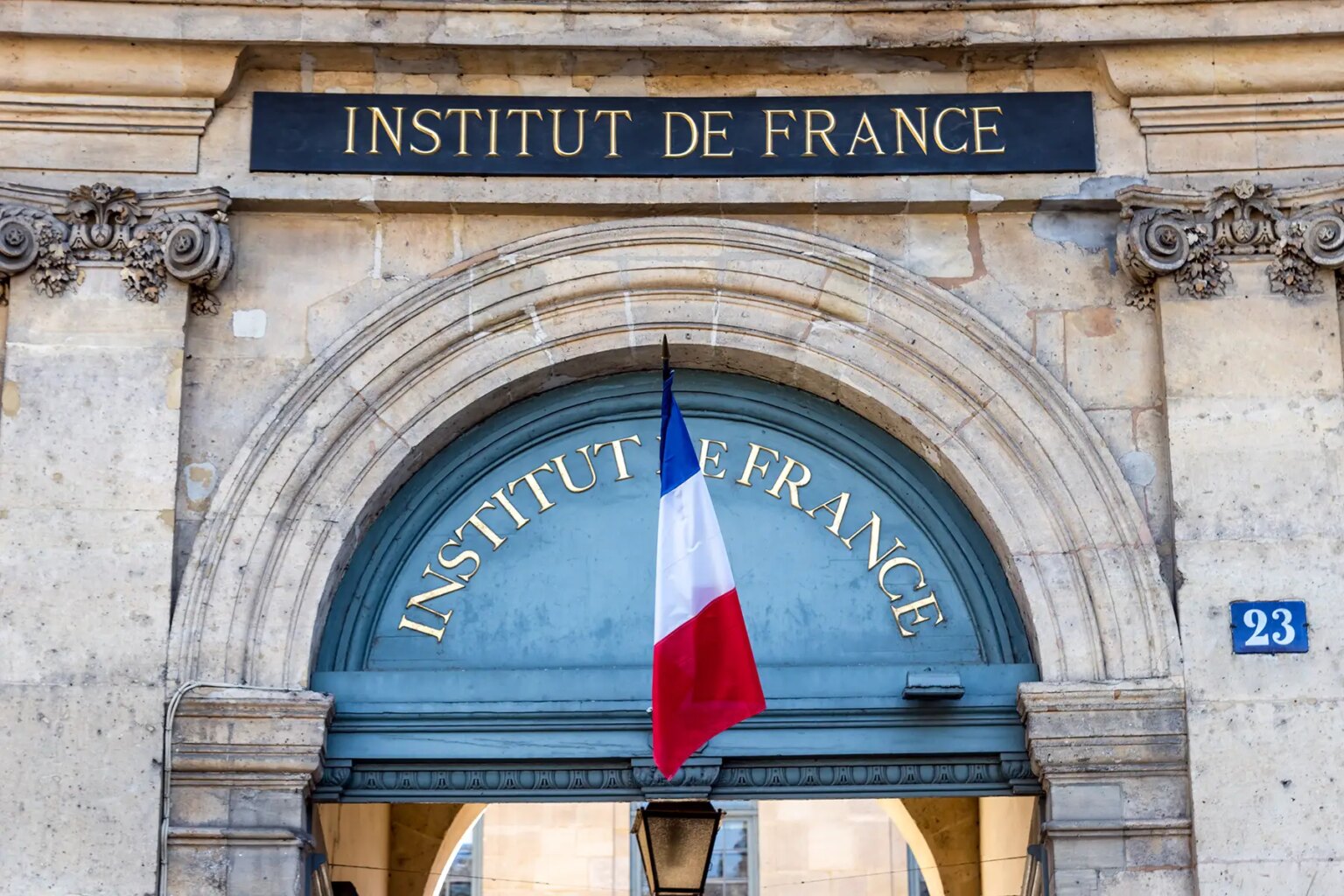The name of the Académie Francaise resonates with anybody who has ever cursed the French language. For most of us expats, this institution simply exists in order to wind us up. What’s wrong with un email, why do we have to say un courriel? And whoever referred to a match de foot as une partie or a start-up company as a jeune-pousse?
Serving as the official guardian of the French language is only one of the Académie’s functions. How well the Académie fulfills these functions is a point of some contention amongst the French. A disillusioned article in the French weekly Télérama (13 June 2007) once claimed that not only did the Académie fail to move with the times, it also failed in its mission to honor the best writers in the French language.
Babbel
Is your French ready for the Académie Française? Whether you're a true beginner or have a few phrases under your belt, take your French further with the language-learning app Babbel. Its range of professionally-made French language courses will get you learning French in your everyday life. Download Babbel today and start your journey to fluency.
The history of the Académie
One of the few vestiges of France’s royal past, the Académie was established in 1635 by Cardinal Richelieu, Louis XIII’s regent. It was an answer to censorship of subversive academics who might plot against the monarchy. Since then members have included some of France’s greatest literary talents, plus scientists, doctors, oceanographers, anthropologists, and politicians. But some greats never made it, such as Molière, Gustave Flaubert or Jean-Paul Sartre. Emile Zola received 24 rejections.
If the Académie was responsible for some blatant canonical omissions such as these, it has to be said that its task is not easy. Its primary role is the ongoing compilation of a dictionary that protects the uniqueness of the French language. But as globalization and the Internet make English an omnipresence in most workplaces, the Académie has a job catching up with the ever-expanding English vocabulary that springs up to cater for new developments in software, technology, and cyberspace.
The regulations laid down by Cardinal Richelieu stipulate that “the principal function of the Académie shall be to work with all possible care and diligence to give our language certain rules, and to render it pure, eloquent, and able to deal with the arts and sciences.”
The Académie’s mission
To the question of how the Académie fulfills its mission, the Académie’s Perpetual Secretary, Maurice Druon, replied: “How do we implement our mission? By revising, several pages of the Dictionnaire every week; accepting or rejecting, often by a vote, words newly introduced; by updating definitions, recording new meanings, and indicating the register of language. We also issue cautions, warnings and statements, and judgments. We do our best to induce a sense of sin in those who maltreat the French language. And when we reach the letter Z we start again, like Penelope at her weaving. A new edition of the Dictionnaire appears at intervals of 30 to 50 years.”
It sounds a thankless task and is in part to blame for France’s reputation as being monolingual, defensive of their language and, at times, downright rude to those who don’t speak it very well. But this is a stereotype that is rapidly wearing thin. Younger generations in France acknowledge the importance of learning English in the attempt to improve their job prospects. Even the Académie makes some exceptions, allowing the inclusion of certain English words; these include words such as interview, reporter, and bulldozer.
The oldest of institutions
Perhaps one of the Académie’s greater problems is its august age. It is the oldest of French institutions in more senses than one. Its average age is 78. Five of its surviving members, known rather ironically as the immortals, are over 90. One is 98. Nine are over 80. Only four of more than 700 members have been women, starting in 1981 with French-American author Marguerite Yourcenar.
These days, it seems, younger generations are less keen to enter the portals of the Academy; the lure of pomp and old-fashioned costumes is no longer a distinction worth seeking out. There was also subversion in the ranks a couple of years ago when Alain Robbe-Grillet, father of the nouveau roman, refused to don the green tailcoat, sword, and bicorn hat for his induction ceremony. Perhaps, if the Académie wants to shake the dust off its reputation and, if it wants to stay abreast of linguistic evolution, it should begin by seeking to attract writers whose literary production goes along way to confirming that while the French language may expand and develop, it will always remain eloquently unique.
The Académie Française website is available at www.academie-francaise.fr



